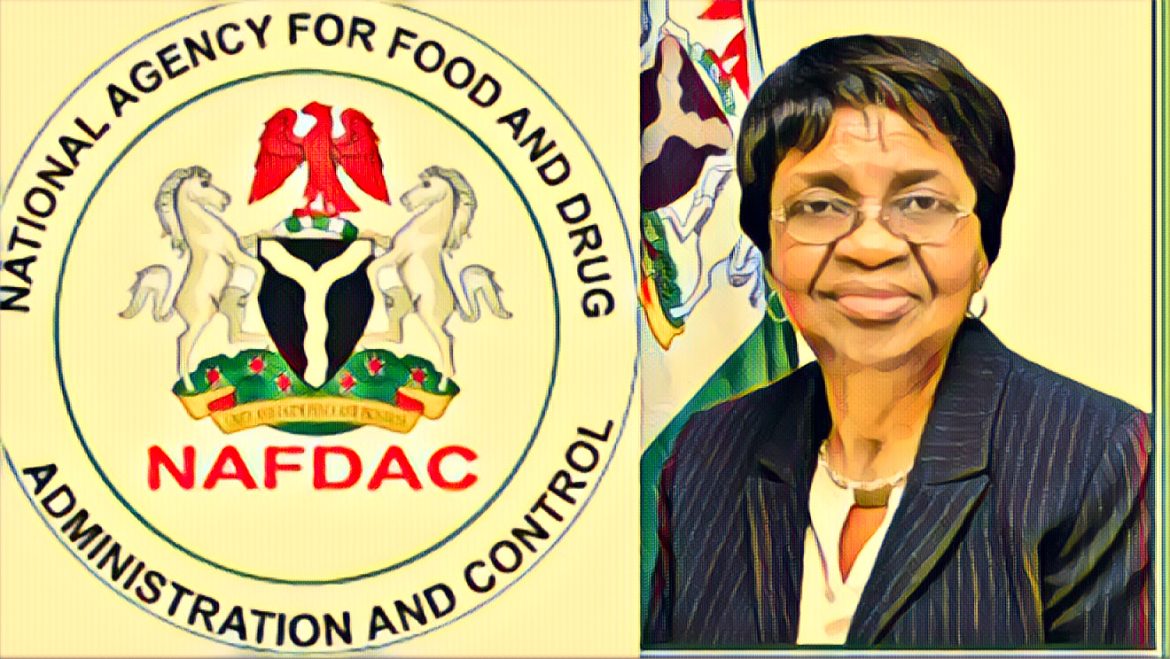The National Agency for Food, Drug Administration and Control (NAFDAC) in Nigeria is actively battling an alarming rise in counterfeit and substandard drugs, amidst a nationwide spike in pharmaceutical costs. Health professionals increasingly link this influx of fake drugs to a rise in illness and death cases.
As the primary regulatory body in this fight, NAFDAC faces significant challenges. The agency struggles with inadequate staffing, limited funding, and ineffective post-market surveillance of its 58,020 registered products. NAFDAC is in an uphill battle to oversee numerous drug markets across the country with these limited resources.
According to a report by The Guardian, the United Nations Office on Drugs and Crime (UNODC) recently highlighted the severity of this issue. Their report estimates that substandard drugs lead to 500,000 deaths annually in sub-Saharan Africa, many from falsified antimalarial medicines and low-quality antibiotics.
The drug business, now more lucrative with a 300% increase in the cost of health consumables, attracts those importing fake and substandard drugs.
NAFDAC’s mandate involves conducting regular post-marketing surveillance of medicines at retail premises, performing quality control detection, and carrying out periodic surveys of medicines in hospitals and medical stores. However, The Guardian’s inquiries reveal that critical underfunding hampers NAFDAC’s ability to combat powerful drug cartels effectively.
With only 2,000 staff nationwide, NAFDAC’s employees struggle to cover various responsibilities like post-market surveillance and pharmacovigilance. Despite registering thousands of products, the agency’s 2023 budget heavily favors personnel salaries, leaving a small portion for capital expenditure.
NAFDAC staff earn modest salaries, averaging around N137,480, as disclosed by an anonymous source. However, Prof. Mojisola Adeyeye, NAFDAC’s Director General, recognizes these challenges and plans to double the staff strength in the coming years. This manpower increase is vital for the agency to boost post-marketing surveillance and enforcement activities.
Currently, NAFDAC depends on international donors for support. Partnerships with organizations like the Global Fund have enabled progress in pharmaceutical traceability, pharmacovigilance, and the detection of substandard and falsified medicines.
Industry experts, including Olumide Akintayo, former President of the Pharmaceutical Society of Nigeria (PSN), and Dr Stella Okoli, CEO of Emzor Pharmaceutical Industries, urge NAFDAC to ramp up its post-market surveillance efforts. They emphasize the importance of preventing Nigeria and West Africa from becoming dumping grounds for counterfeit medicines.
NAFDAC’s struggles reflect broader issues in Nigeria’s healthcare sector, where limited resources impede effective drug regulation. The agency’s fight against the rising tide of counterfeit drugs underscores the urgent need for more support and investment to protect public health.


